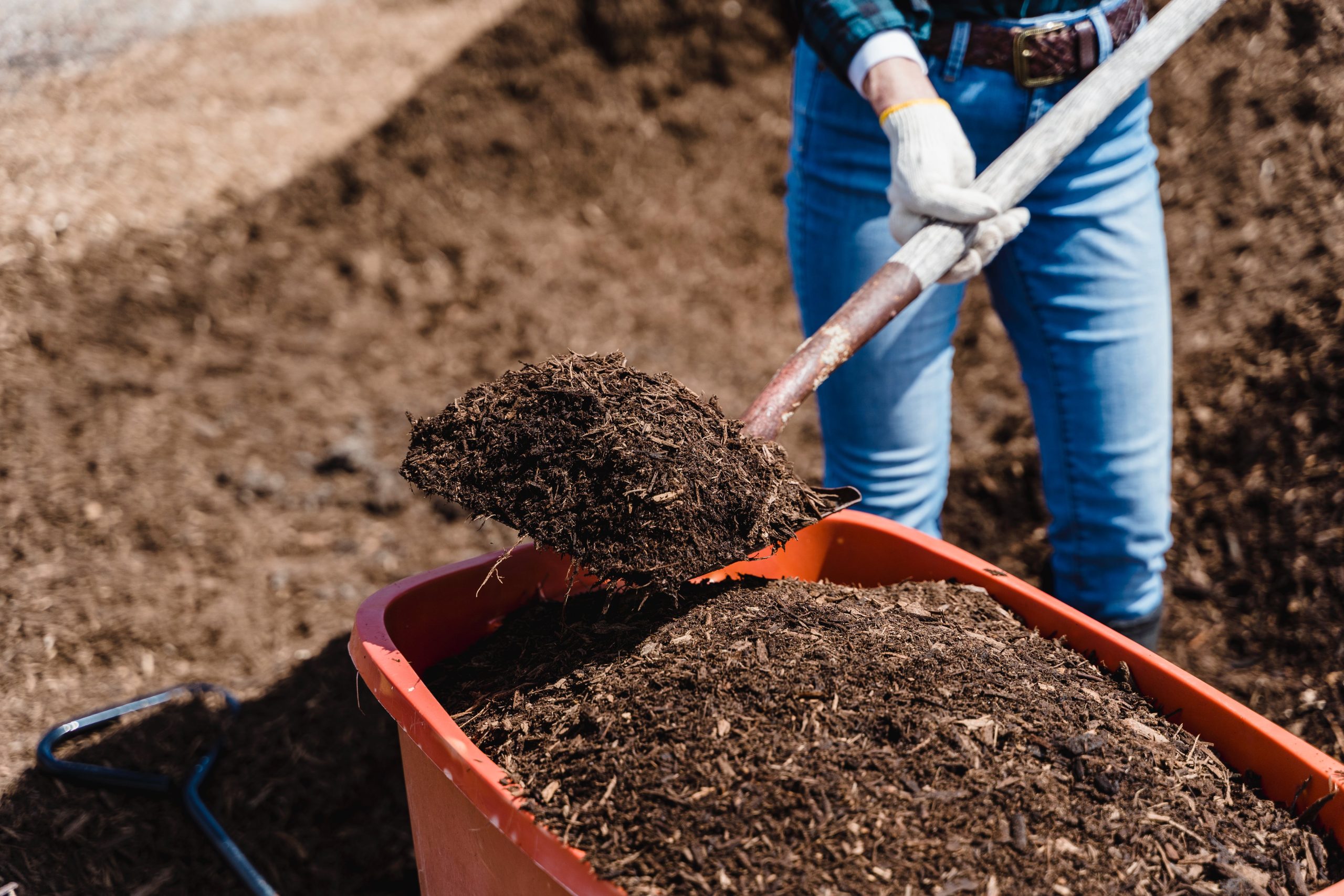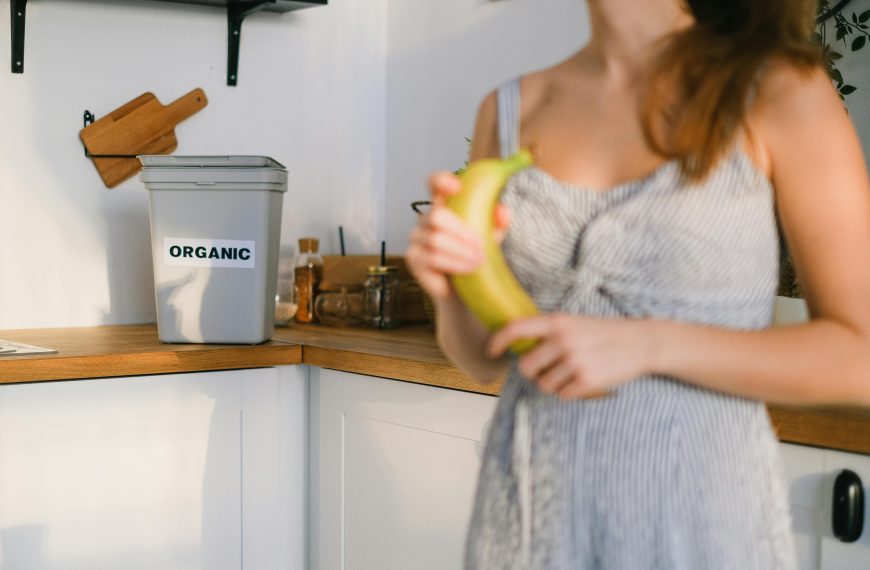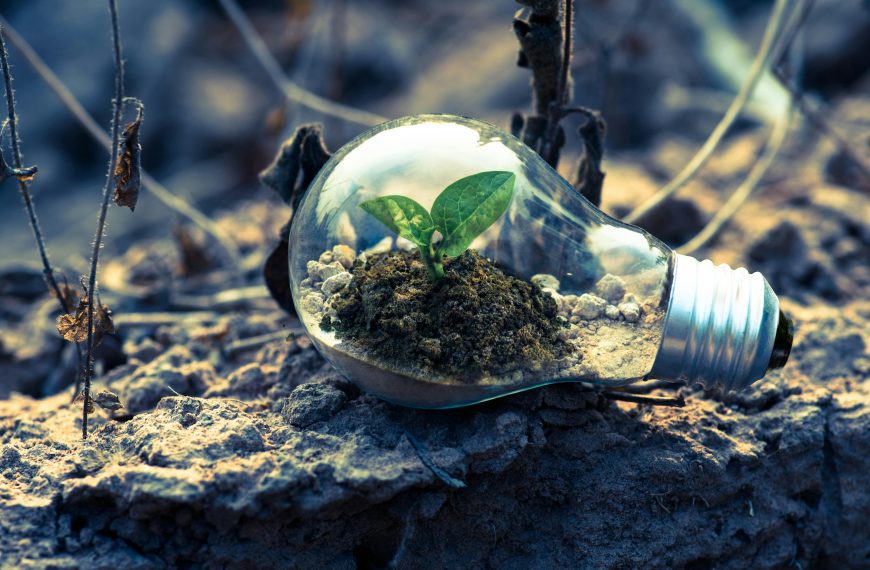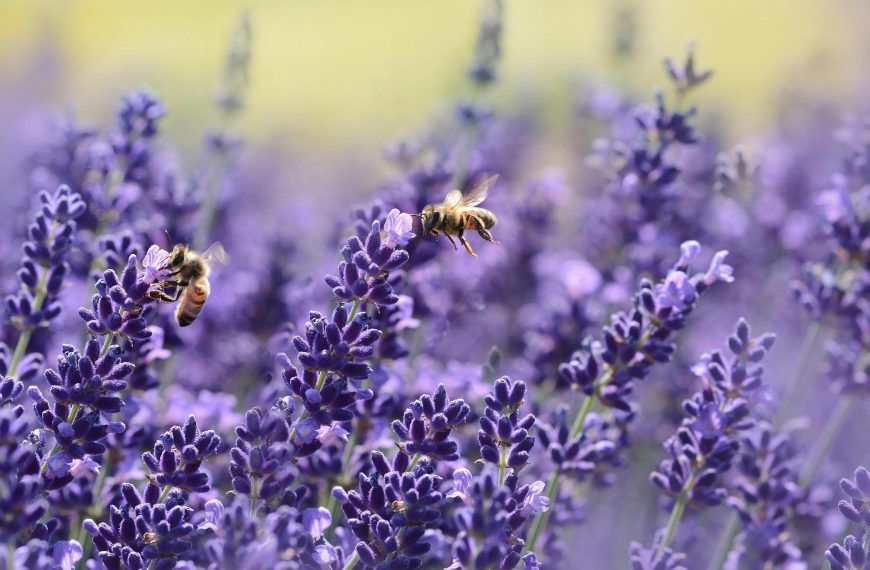In a world where sustainability’s increasingly important, composting shines as a straightforward yet impactful practice that anyone can embrace.
This ancient method of managing waste not only eases the strain on landfills but also nourishes the soil, encourages biodiversity, and helps combat climate change.
In this article, we delve into the benefits of composting and offer advice on how to initiate your very own compost bin.
The Perks of Composting
- Reducing Waste: Composting diverts waste away from landfills, where it would otherwise contribute to methane emissions—a greenhouse gas. By composting kitchen scraps, yard trimmings, and other organic materials, individuals can significantly diminish their impact and contribute to a more sustainable future.
- Soil Enhancement: Compost is often referred to as “gold” for a reason. It serves as a soil amendment that enhances soil structure, fertility, and moisture retention. By incorporating compost into garden beds, lawns, or potted plants, gardeners can promote plant growth without relying on fertilizers—thus minimizing chemical runoff and preventing soil degradation.
- Supporting Biodiversity: The vitality of soil relies on its ecosystem teeming with earthworms and beneficial microorganisms. Composting provides an environment for these organisms to flourish, fostering a range of life in the soil ecosystem. This, in turn, promotes the health and resilience of plants, resulting in vibrant landscapes.
- Combating Climate Change: Composting plays a role in carbon sequestration—the process of capturing and storing carbon dioxide from the atmosphere. When organic matter decomposes aerobically in a compost pile, it releases methane compared to anaerobic decomposition in landfills. Furthermore, by enriching soil carbon levels, compost helps mitigate climate change by offsetting greenhouse gas emissions.
- Saving Costs: Through home-based composting, individuals can produce compost and save money on purchasing fertilizers and soil amendments from stores. Additionally, some municipalities might offer incentives or rebates for participating in composting programs, further reducing household expenses while promoting community engagement in sustainable practices.
Starting Your Compost Bin
- Selecting a Location: Choose an area for your compost bin—a shaded spot with drainage is preferable. Ensure that it is not situated close to buildings or trees, as it may attract pests and rodents.
- Choose a Bin: You have the option to buy a compost bin at a garden center or repurpose materials like pallets, plastic bins, or wire mesh. Just make sure that the bin allows for airflow and retains moisture effectively.
- Layer Your Materials: To begin, create layers in your compost bin using a balanced mixture of carbon-rich (brown) and green (nitrogen-rich) materials. Brown materials include things like leaves, straw, and shredded paper, while green materials consist of fruit and vegetable scraps, grass clippings, and coffee grounds.
- Maintain Moisture and Airflow: It’s important to keep your compost pile moist without making it too wet—think of it as similar to the consistency of a sponge that has been wrung out. Regularly turn the pile to ensure airflow, which helps speed up decomposition by allowing oxygen to reach the microorganisms for breaking down organic matter.
- Monitor and Address Issues: Regularly check the temperature, moisture levels, and odor of your compost pile. Adjust the ratio between carbon and nitrogen-rich materials if needed by adding browns or greens accordingly. If you notice any foul smells or pests being attracted to your compost pile, troubleshoot by rebalancing the ingredients and improving airflow.
- Harvest Your Compost: Depending on factors such as conditions and composting techniques used, your compost should be ready for use within several months up to a year. Once it has the appearance of soil and carries a natural scent, it is ready for utilization. To obtain the compost, you can extract the finished material from the portion of the pile and incorporate it into your gardening or landscaping endeavors.
Composting is a yet practice that empowers individuals to take meaningful steps towards sustainability. By diverting waste from landfills, enhancing soil fertility, promoting biodiversity, and mitigating climate change, composting provides numerous advantages for both people and the environment. Whether you are a gardener or a conscientious homeowner, embarking on your compost bin journey will be a gratifying experience that fosters a deeper connection with nature while contributing to a greener and healthier future.









